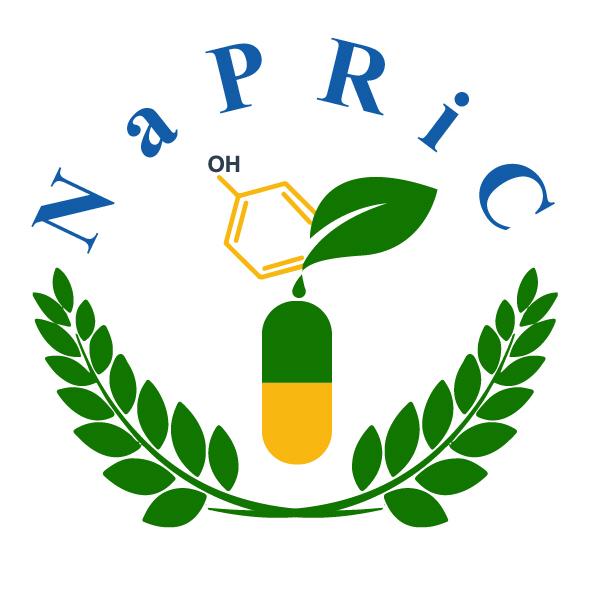Appropriateness and affordability of prescriptions to diabetic patients attending a tertiary hospital in Eastern Uganda: A retrospective cross-sectional study.
Diabetes mellitus (DM) is a chronic metabolic disorder associated with various complications and comorbidities such as peripheral vascular disease, coronary artery disease, hypertension, metabolic syndrome among others. By 2016, over 463 million people were diagnosed to have DM globally and in Uganda the prevalence was at 2.7% [1]. It was predicted that by 2035, the prevalence of DM in Uganda and many developing countries would have doubled [2]. The International Diabetes Federation (IDF) estimated that the number of people with DM in Africa will increase from 14.2 million in 2015 to about 34.2 million in 2040.This would translate to an increase in the global expenditure from the current $673 billion to about $802 billion assuming constant per capita healthcare expenditures [3]. The use of anti-diabetics and other drugs is an integral component in the management of DM and its associated comorbidities in many health care systems. However, the total availability of most anti-diabetic and anti-hypertensive drugs is usually low, especially in primary hospitals and in the absence of health insurance reimbursement in developing countries [4].
The WHO recommends that medicines are appropriately prescribed and dispensed while being used during diagnosis, prevention and treatment of diseases and this is what is referred to as “rational drug use”. Irrational prescription practices such as polypharmacy, over prescription of injectable and antibiotics, prescription of medicines outside the essential medicine list and not following standard treatment guidelines are common among health care systems in developing countries [10]. Inappropriate drug prescribing and dispensing is responsible for more than 50% wastage in expenditure on essential medicines. Irrationally prescribed drugs do not only increase patient and government expenditures but also may result into drug toxicities. Therefore, we undertook this study to evaluate the appropriateness and affordability of prescriptions for diabetic patients attending the medical special clinic at Mbale regional referral hospital, the largest public tertiary hospital in Eastern Uganda.

